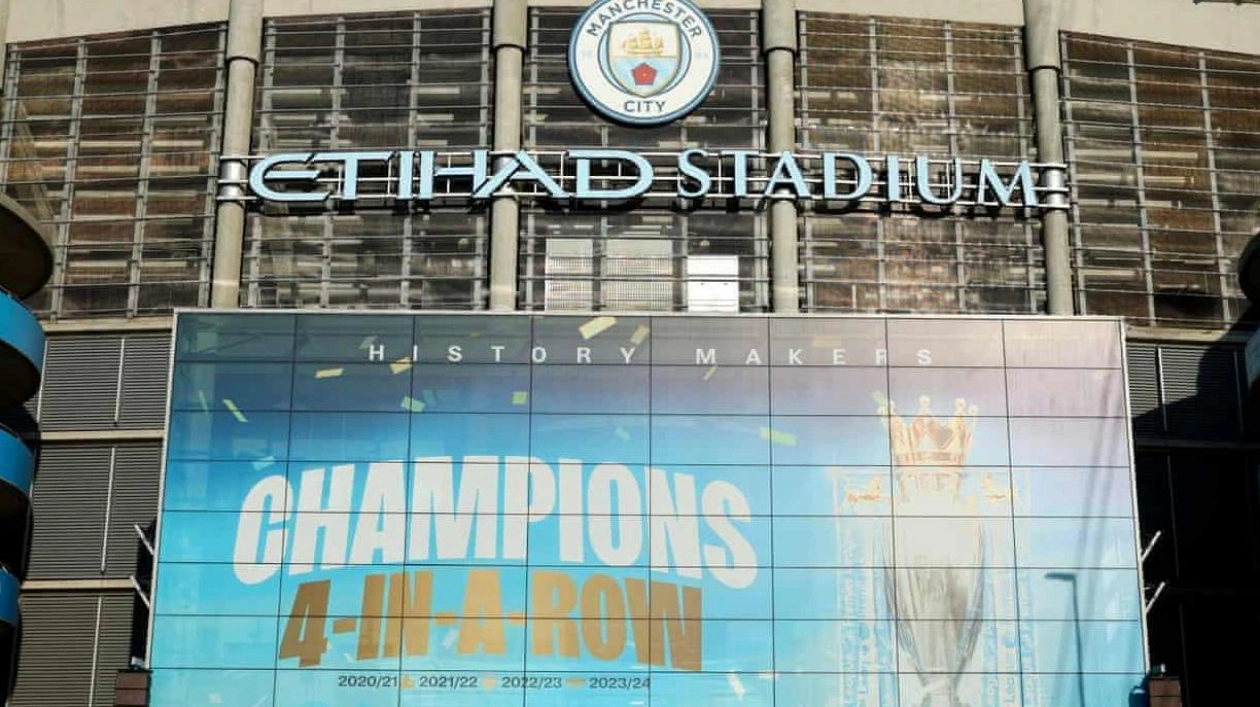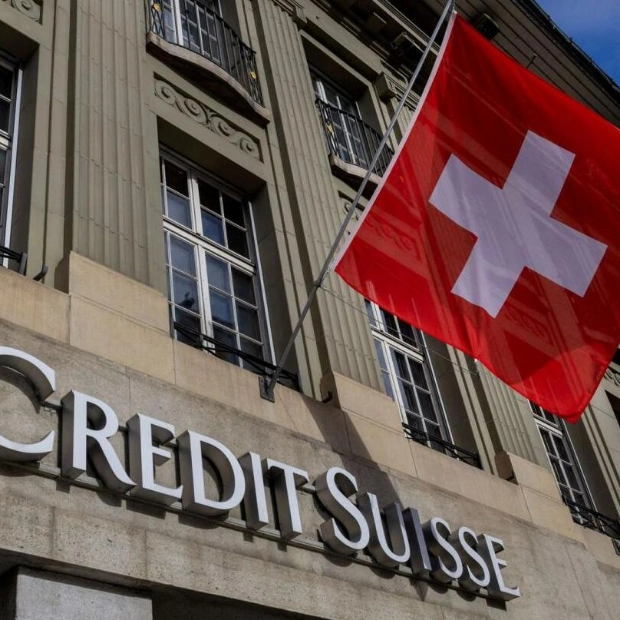Manchester City have emerged victorious in their legal battle against the Premier League’s associated party transaction (APT) regulations, following a tribunal ruling that certain aspects of the rules were unlawful.
The reigning champions announced their success in challenging the APT rules, as a panel determined that the exclusion of shareholder loans from APT calculations and the method by which clubs were notified of “benchmarking” decisions were both unlawful. Additionally, the tribunal ruled that the Premier League’s decisions to veto two sponsorship deals must be overturned due to improper procedures involving benchmarking.
The Premier League, however, viewed the verdict as a partial victory, asserting that it “upheld the necessity of the APT system as a whole and rejected the majority of Manchester City’s challenges.” The league plans to swiftly and effectively revise its rulebook in consultation with its shareholder clubs.
APT deals, where clubs enter into sponsorship or revenue agreements with businesses linked to their owners, have long been under scrutiny by the league. In February, clubs voted to implement stricter rules on how such deals are valued. Manchester City challenged the requirement to assess fair market value for APTs, arguing that it violates competition law.
City is reportedly seeking financial compensation from the league for losses incurred from sponsorship deals that were halted by the rules. They contend that the league has failed to demonstrate that clubs gain an unfair advantage from APTs and that it has not acted with the same urgency to regulate excessive spending by dominant teams in the past.
The 2021 takeover of Newcastle United by Saudi Arabia’s sovereign wealth fund prompted hasty attempts by clubs to amend APT rules. Manchester City also claims that the rules were designed to hinder owners from Gulf states and members of multi-club ownership groups—both of which apply to City—and were only established to protect the commercial interests of rival clubs.






